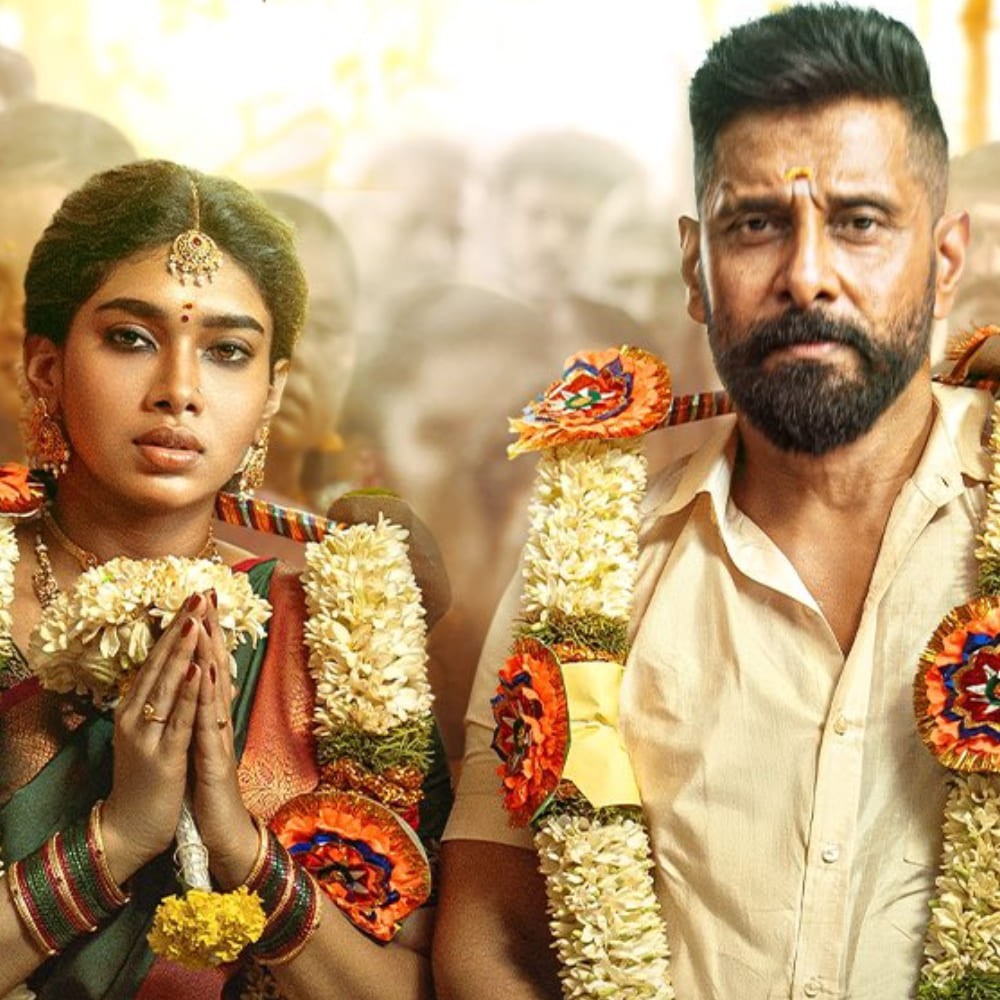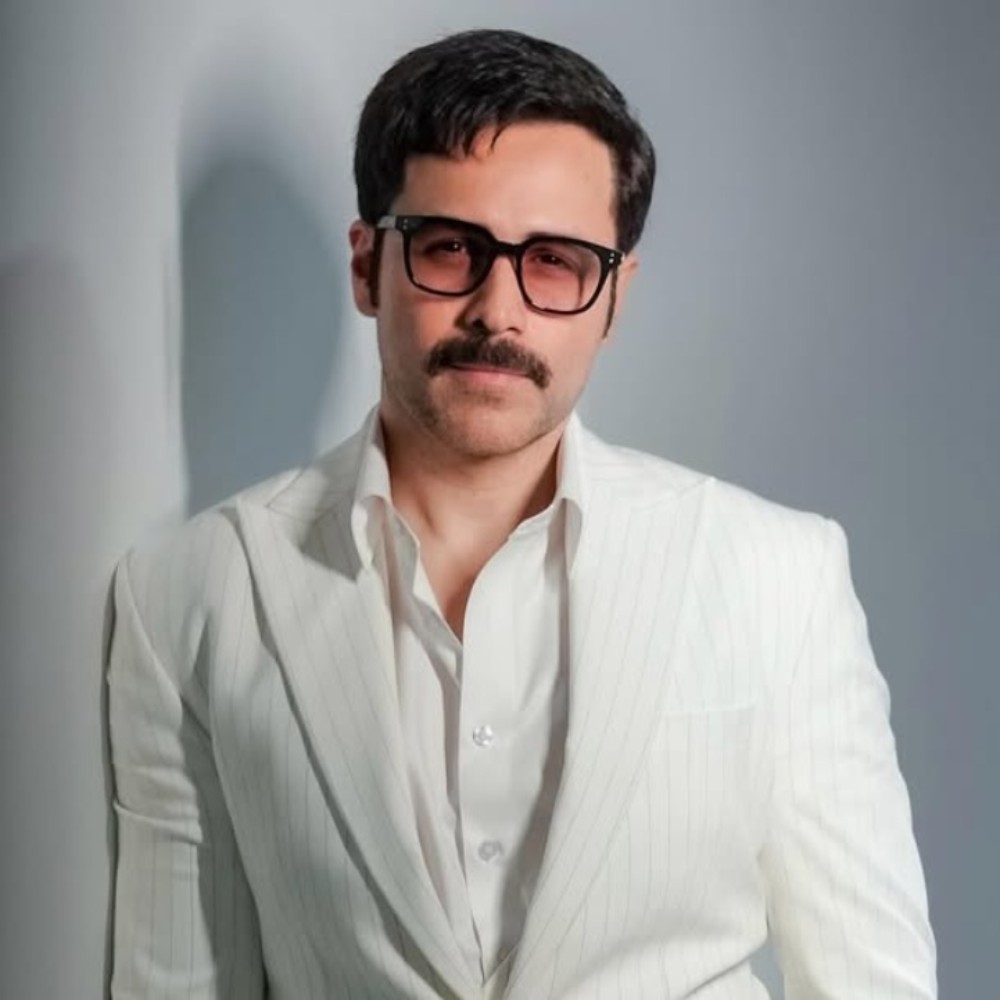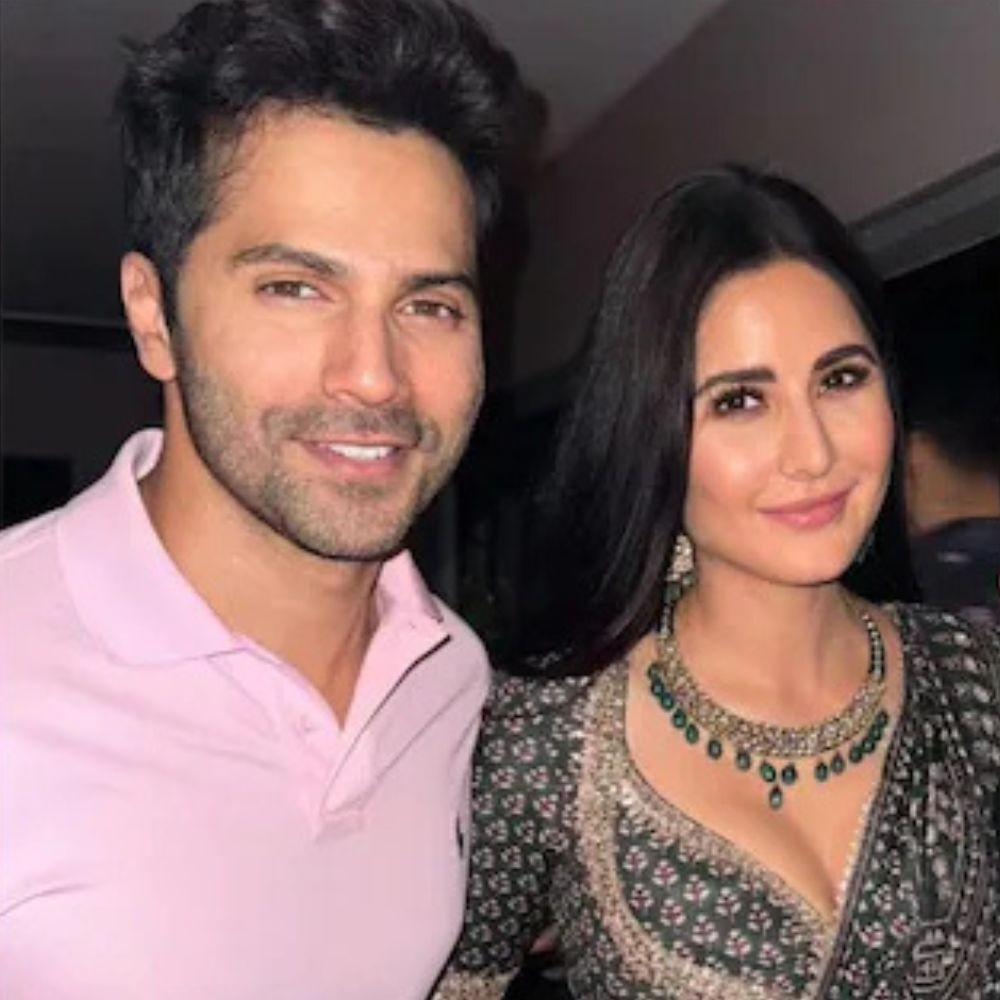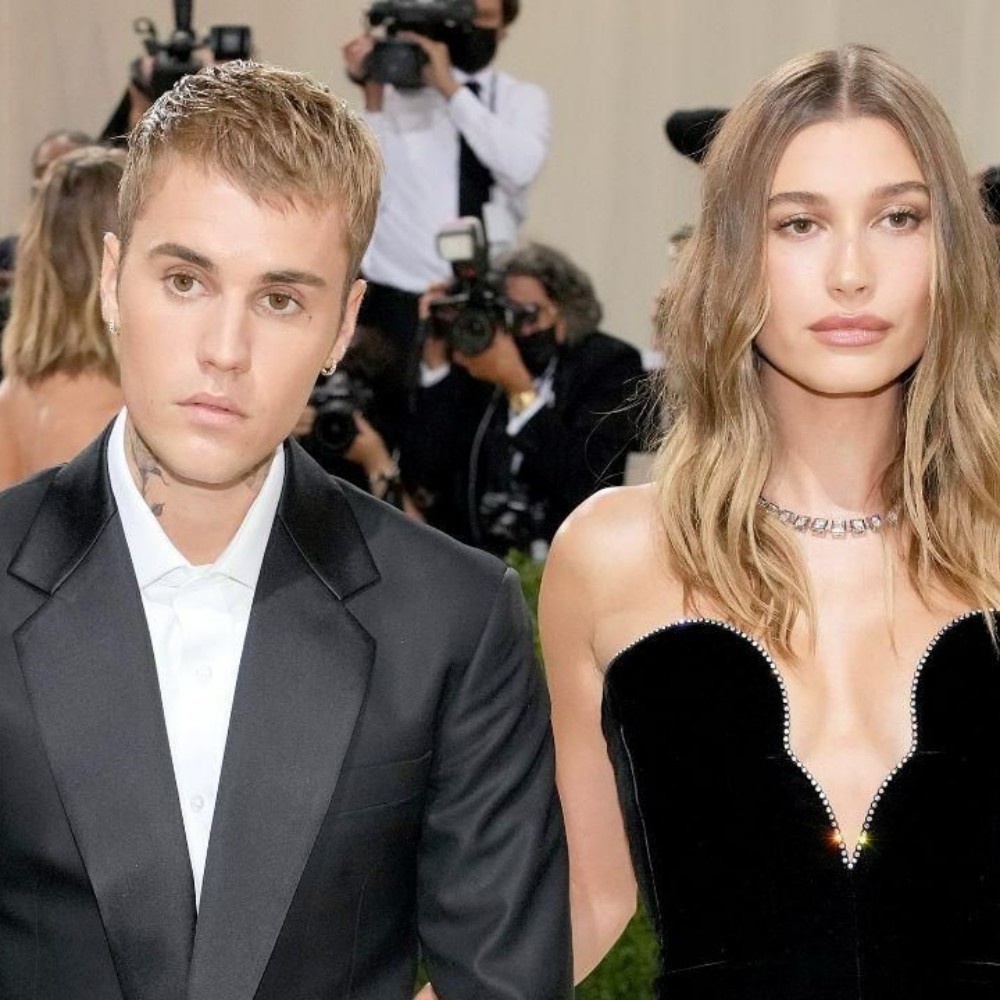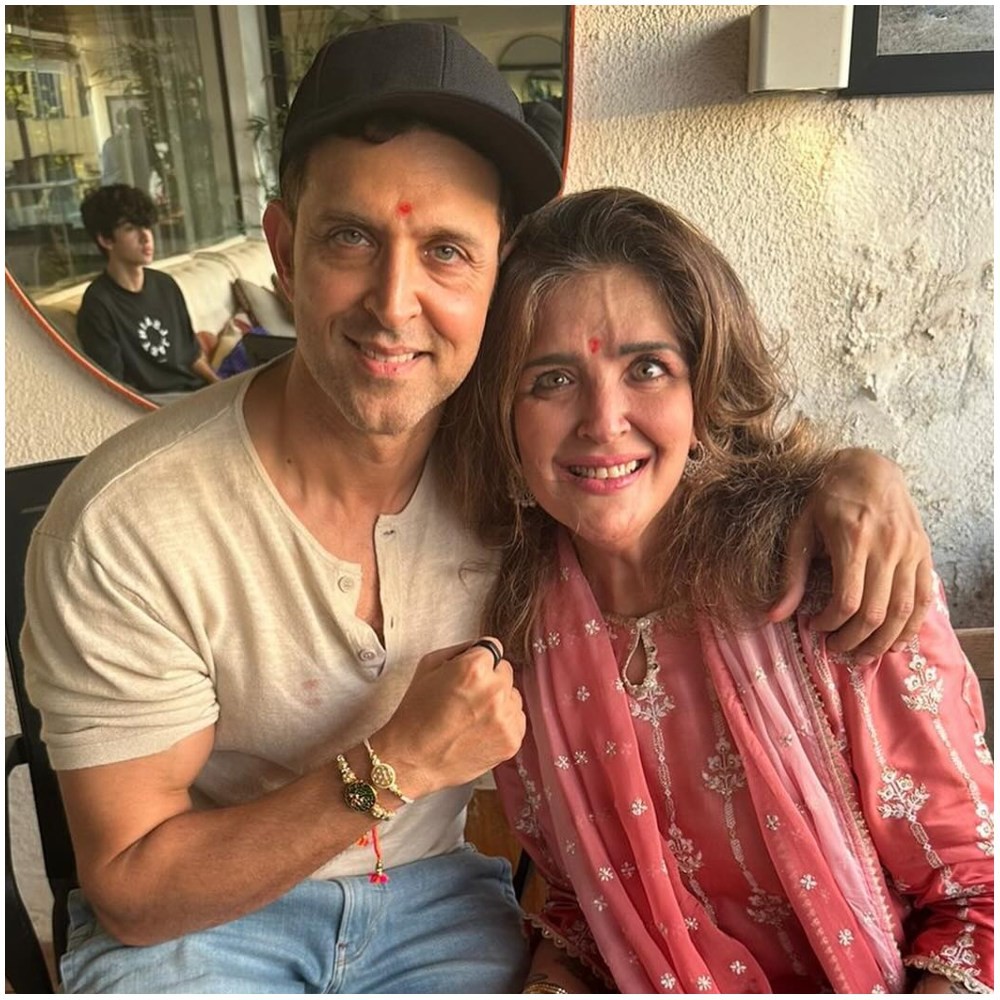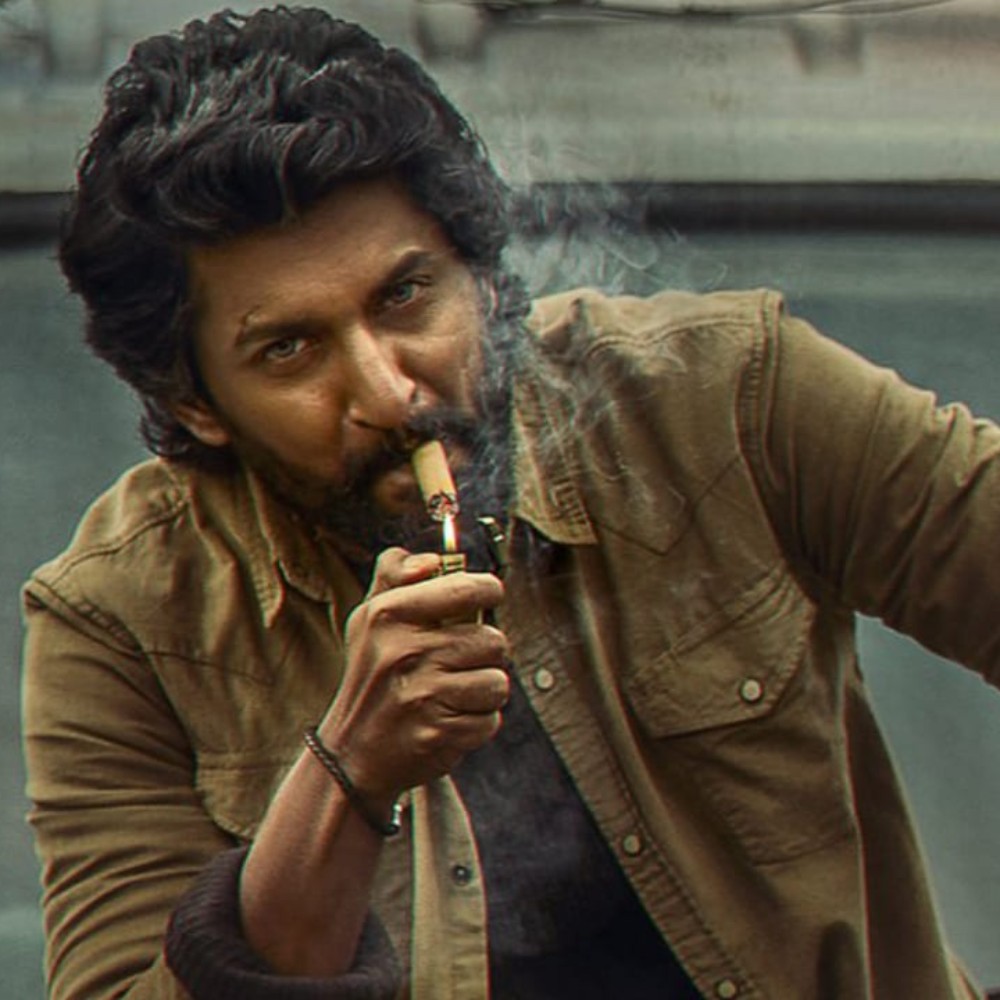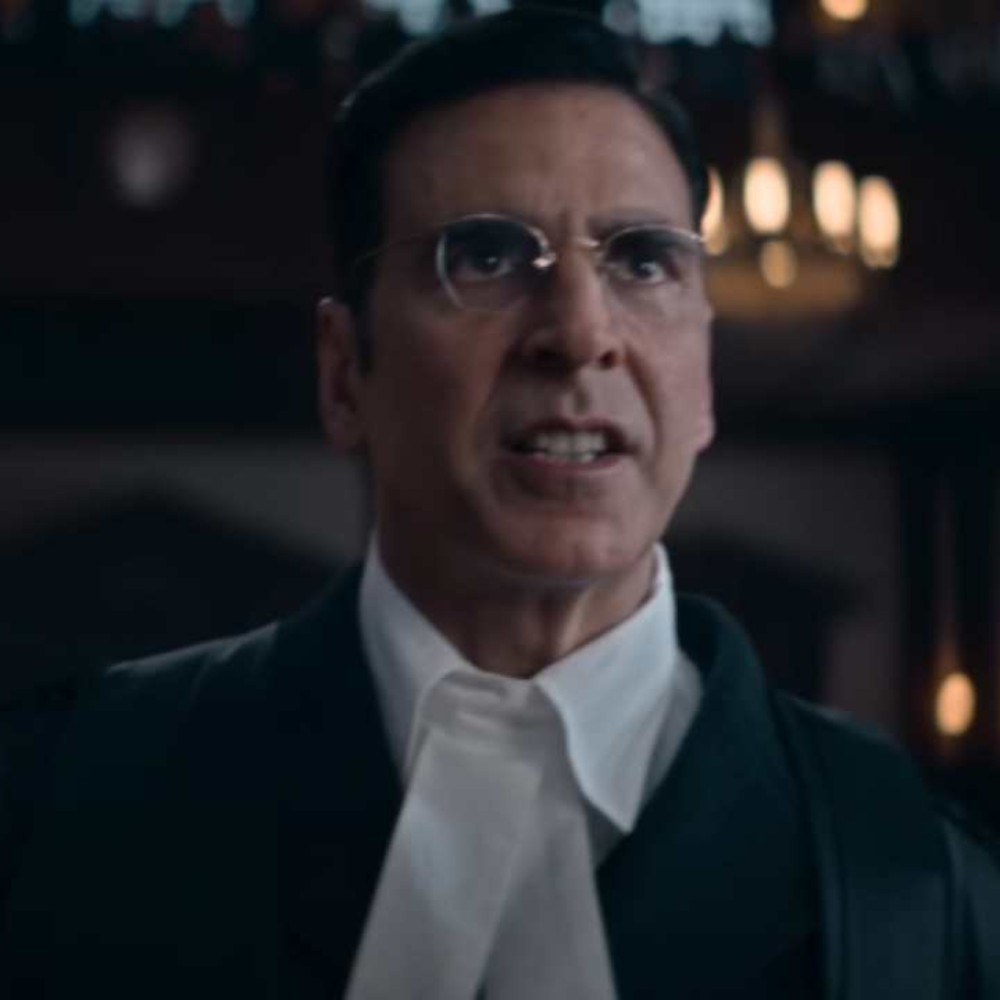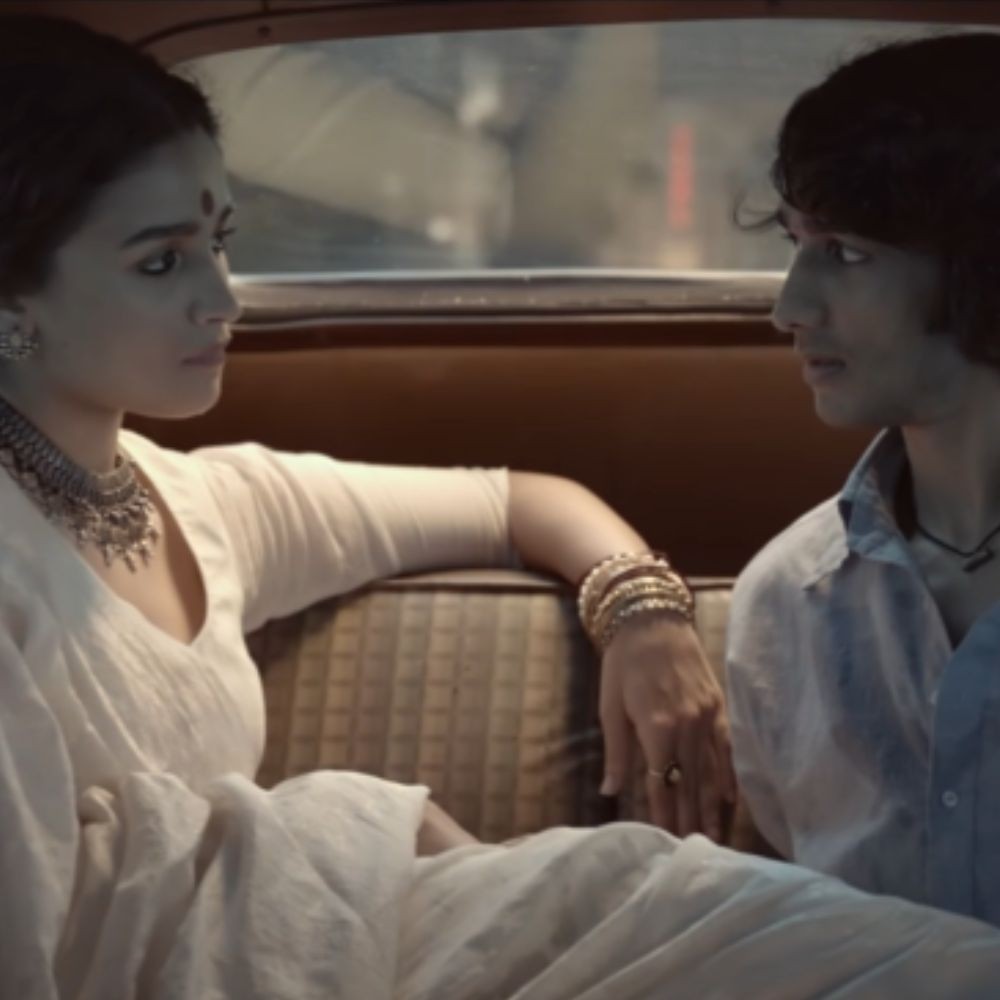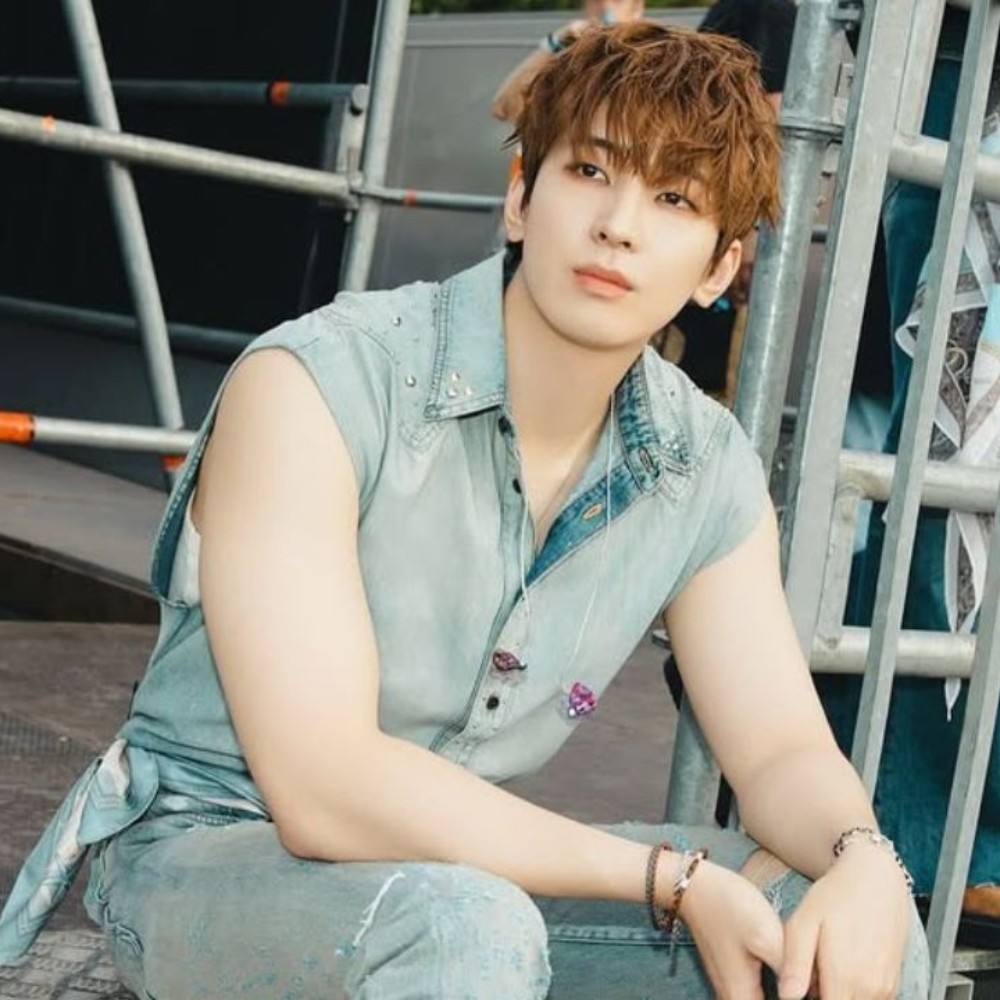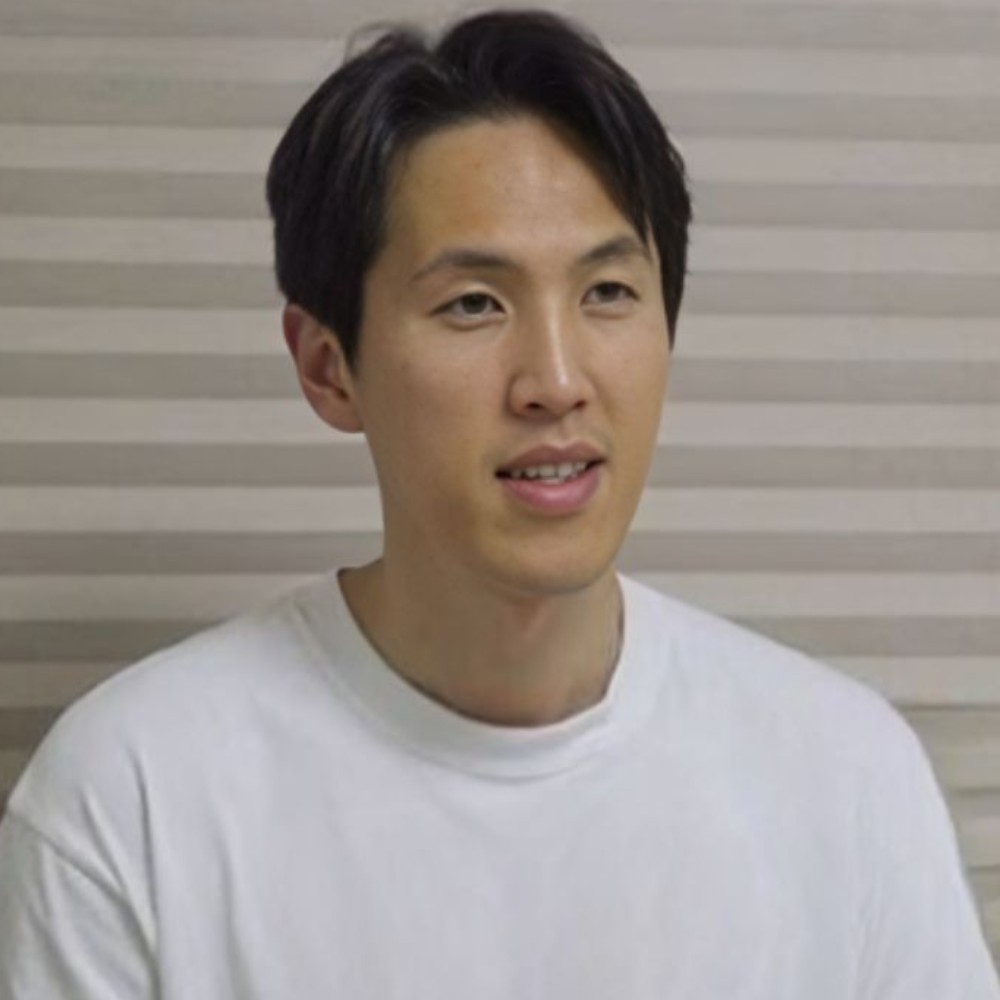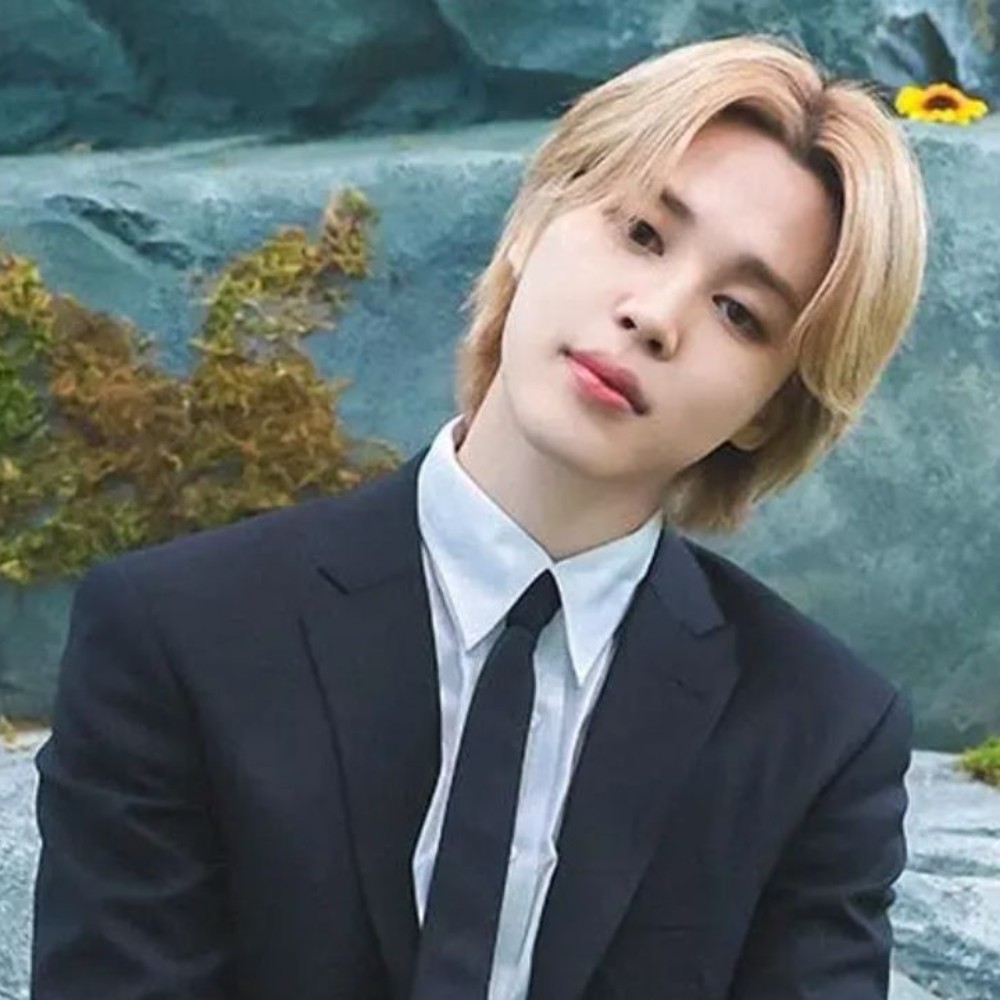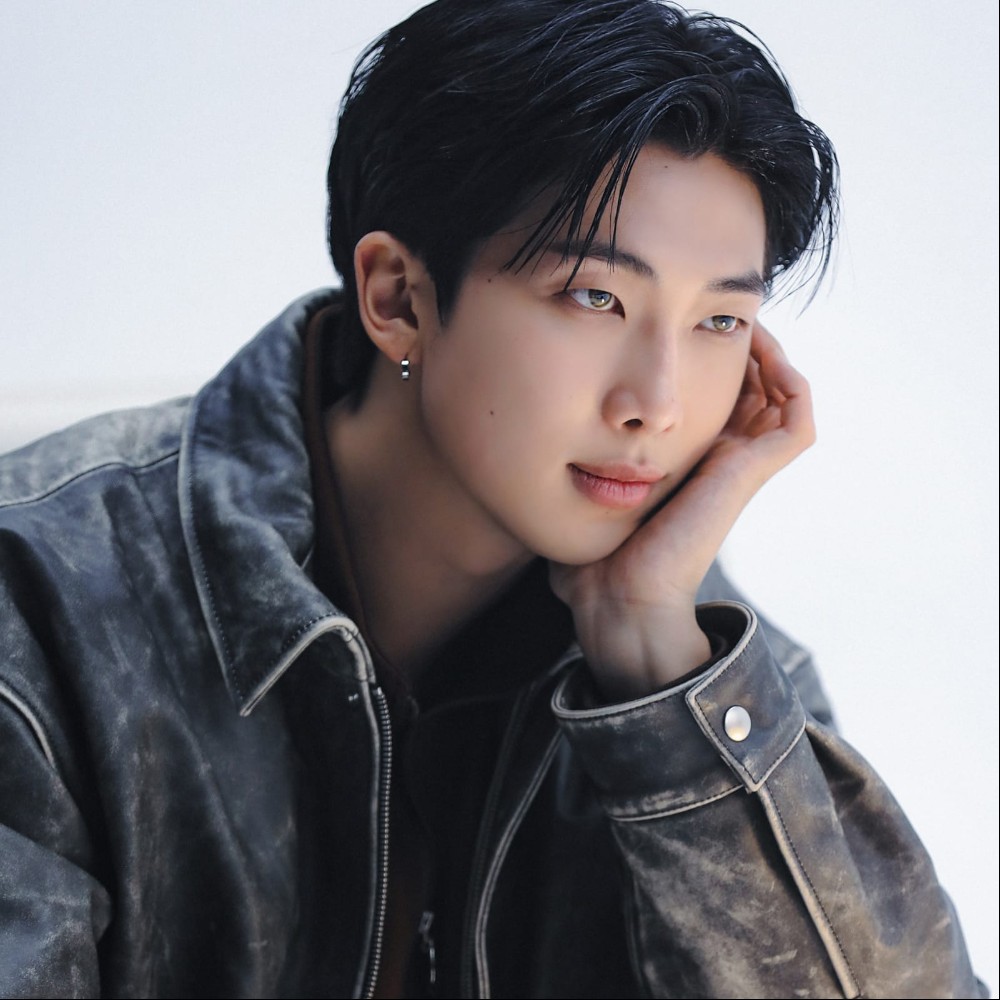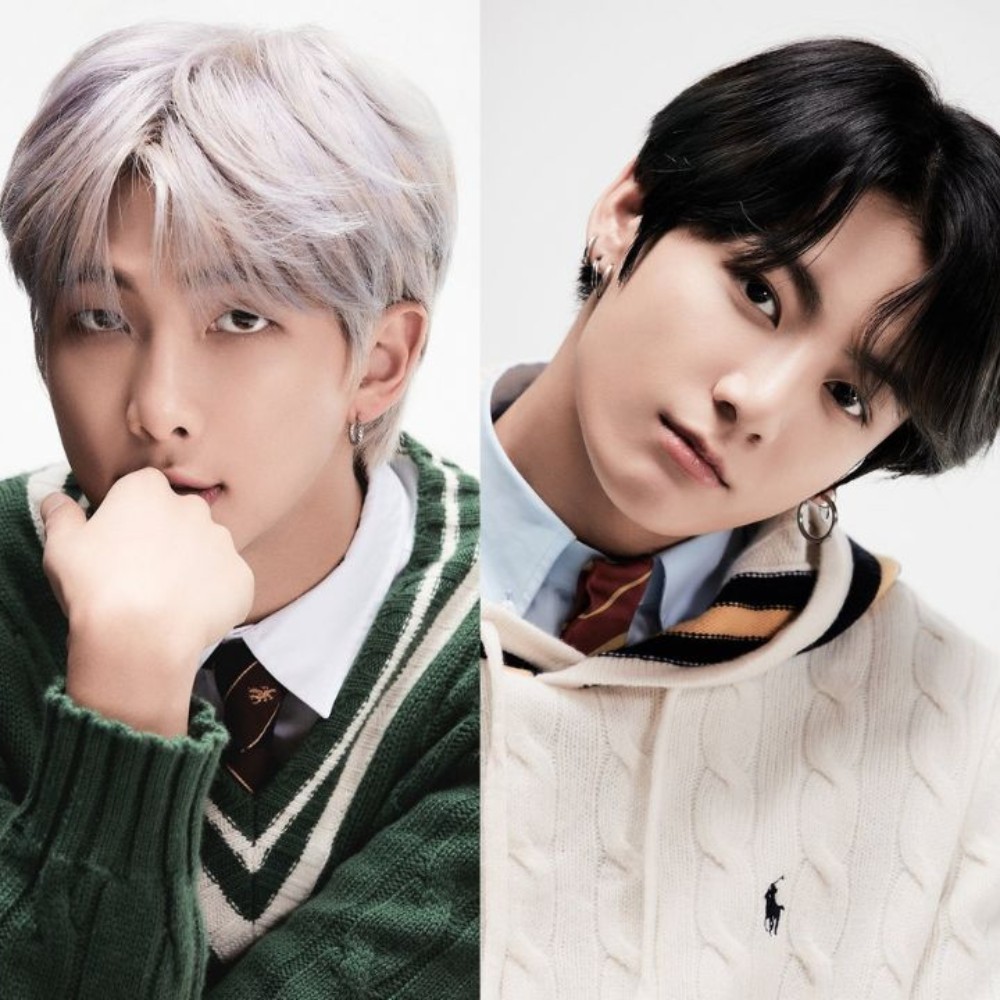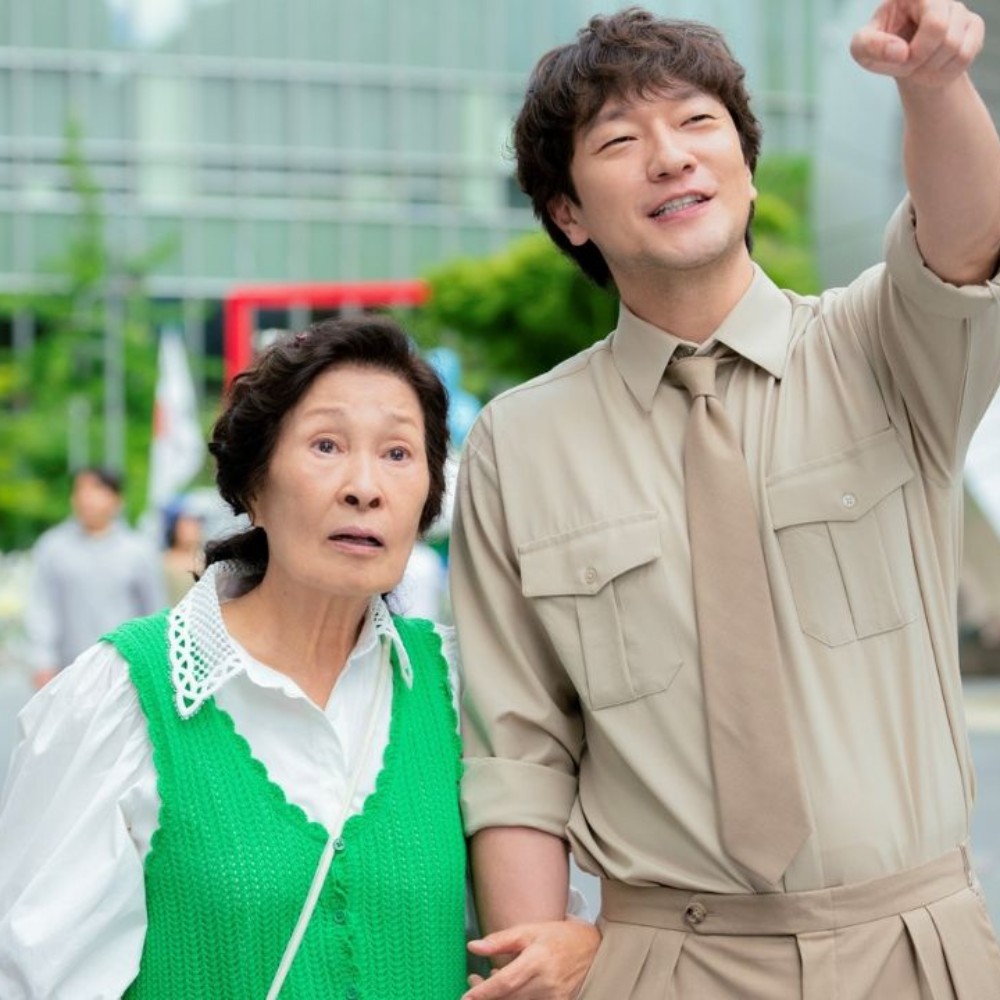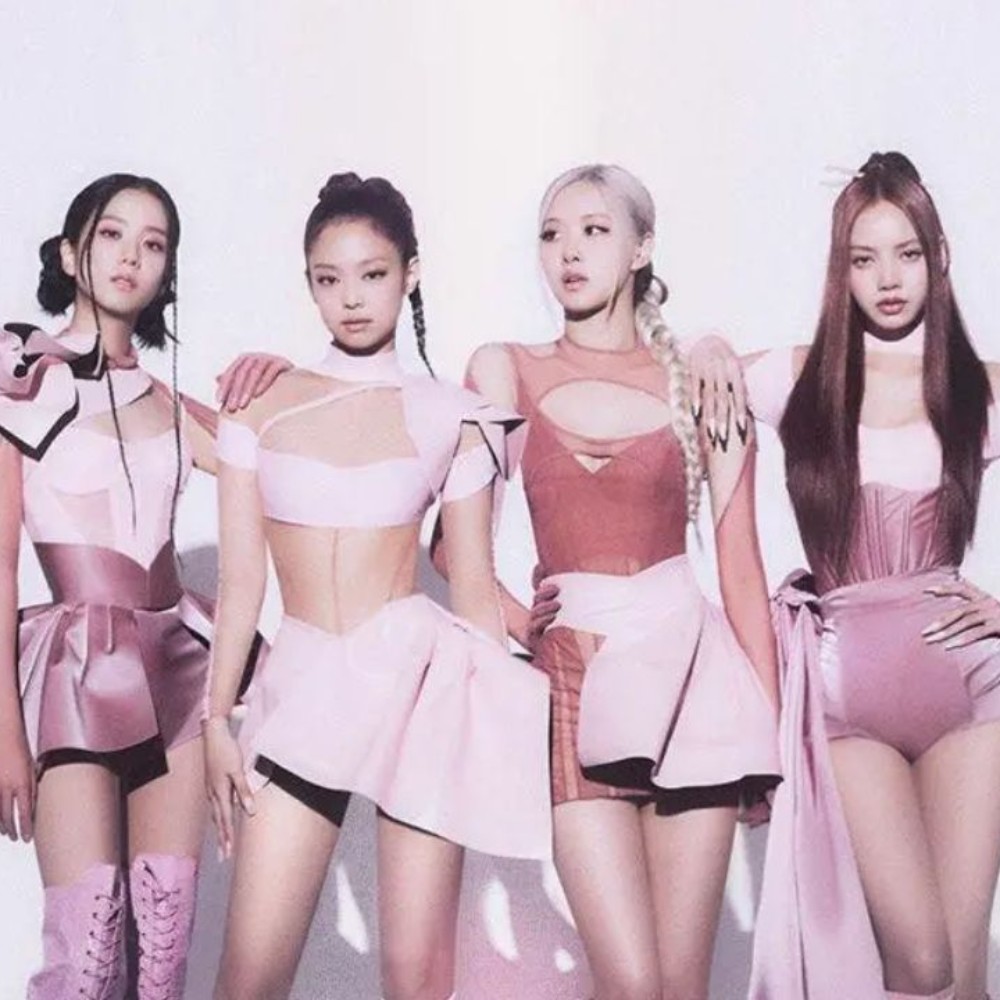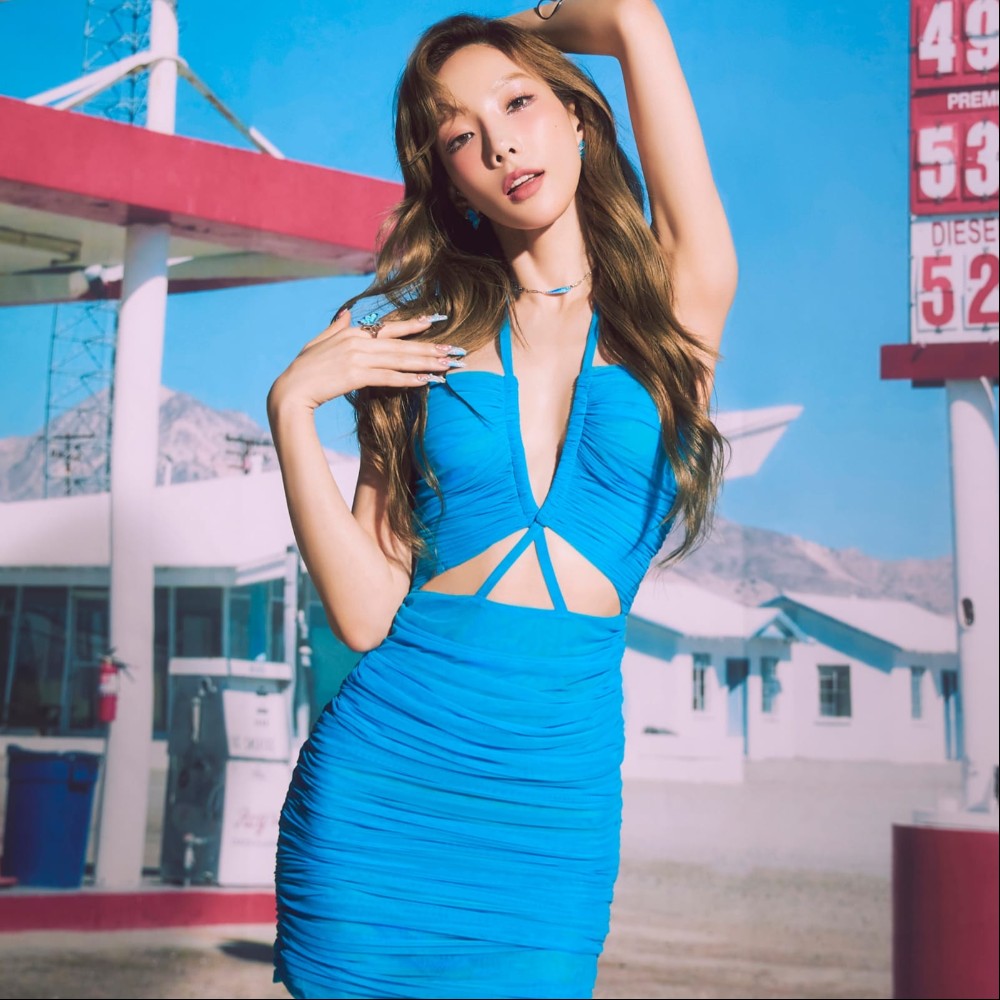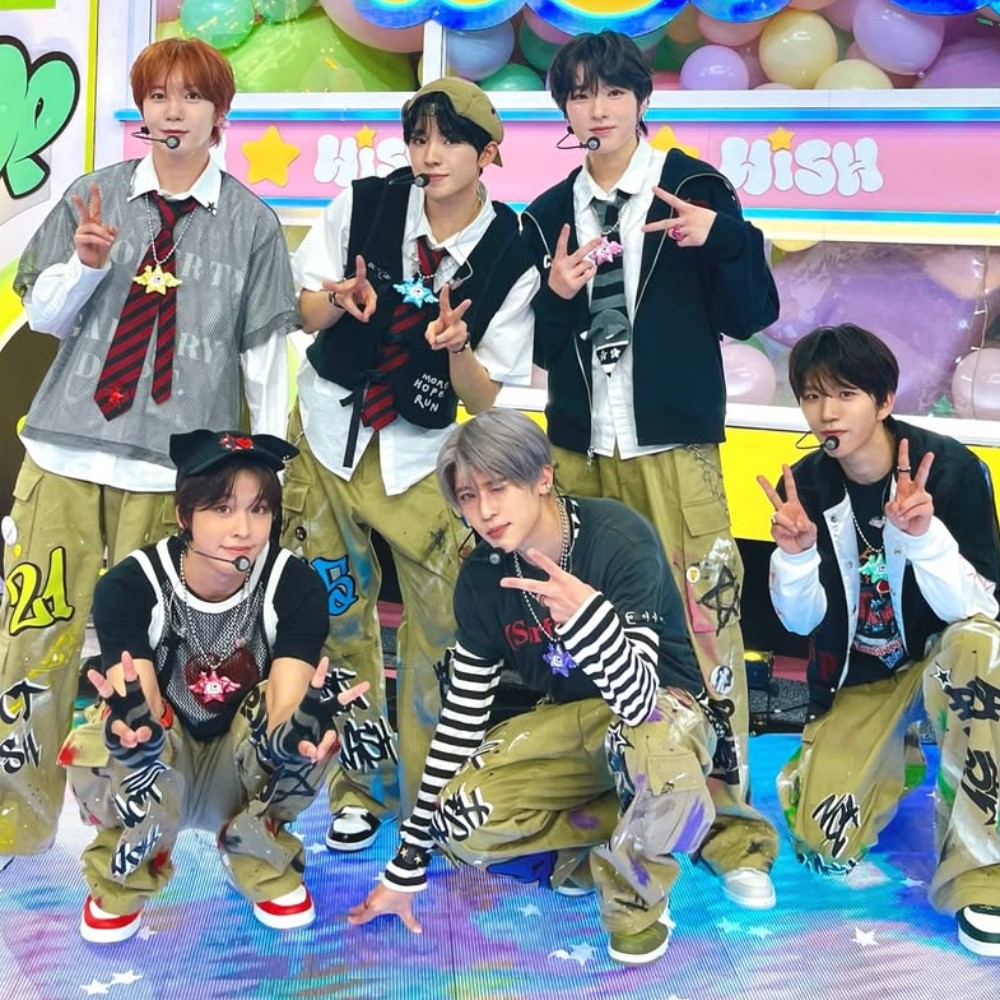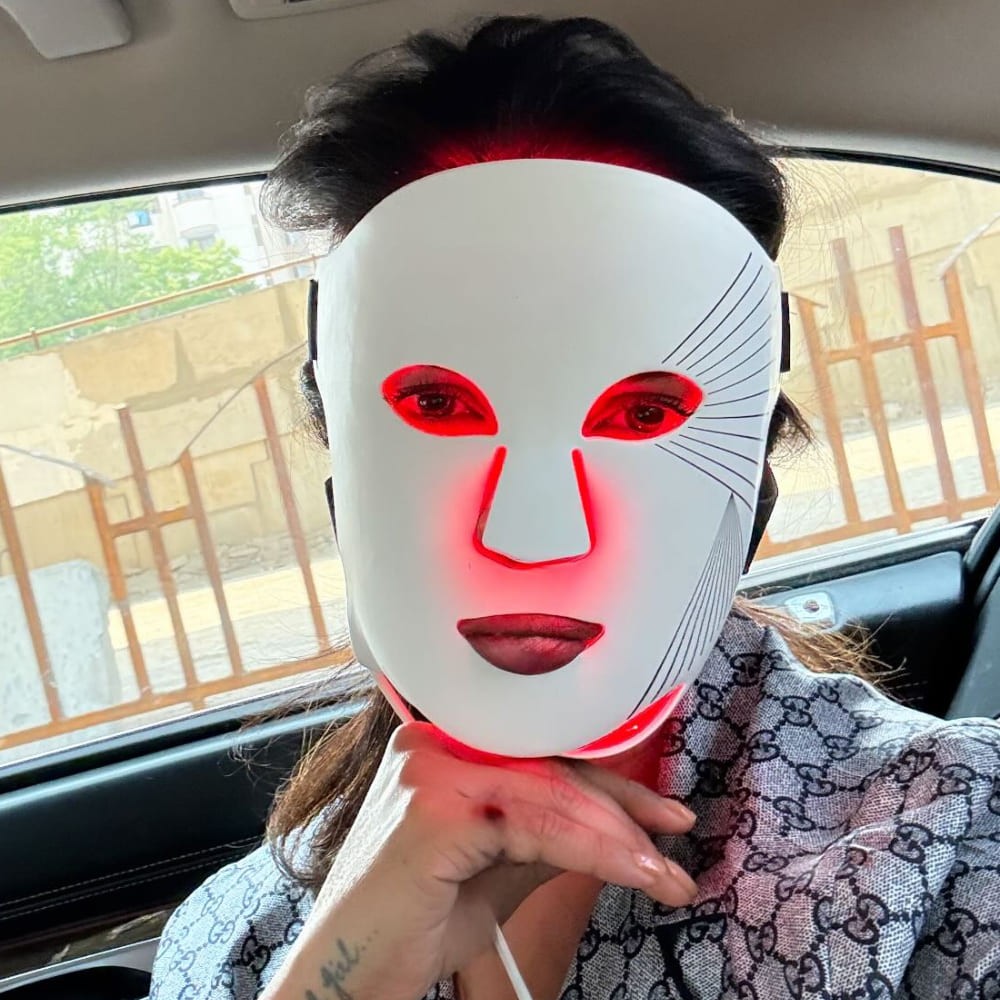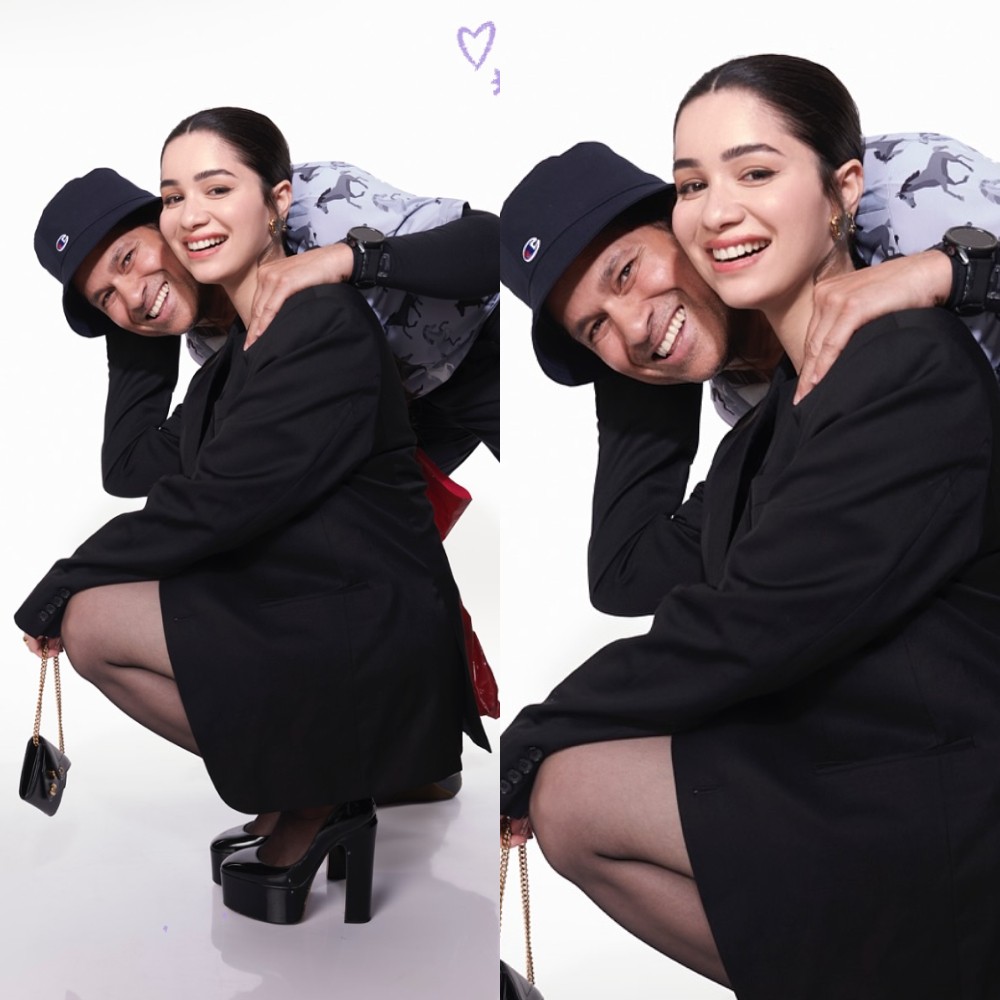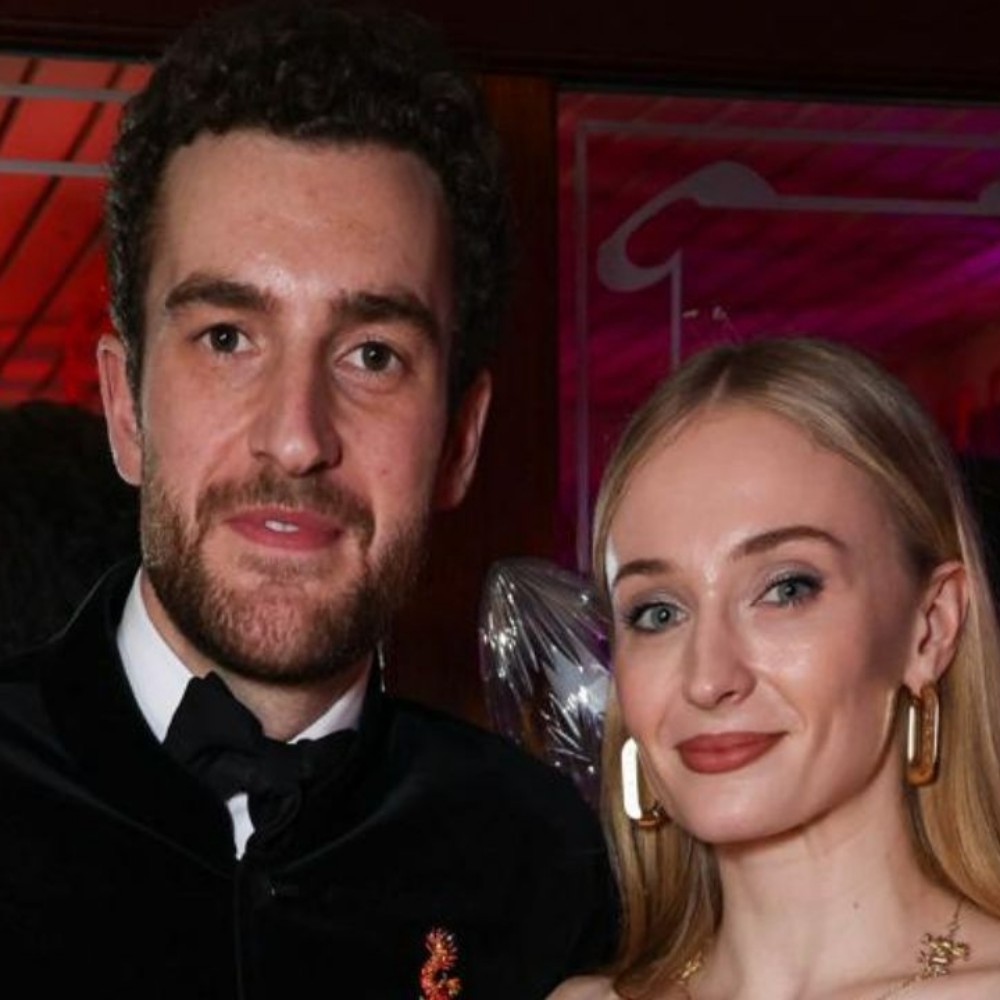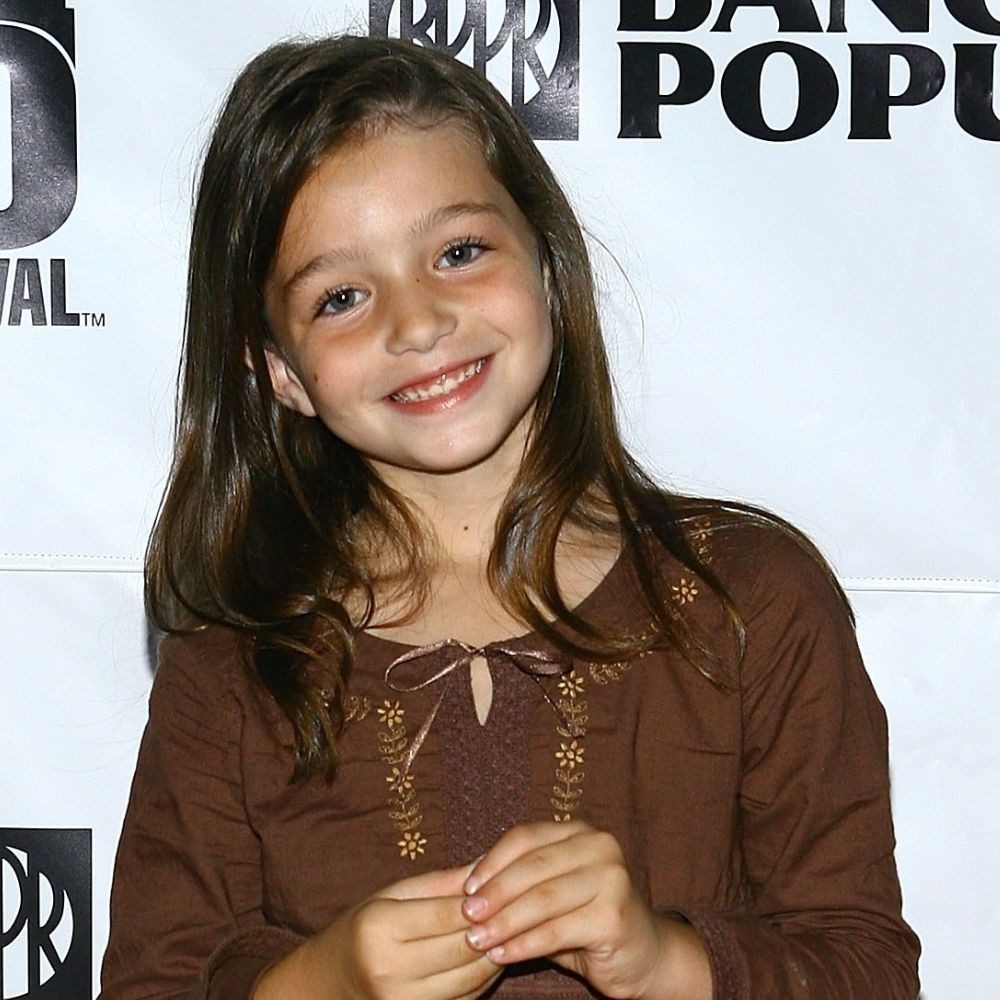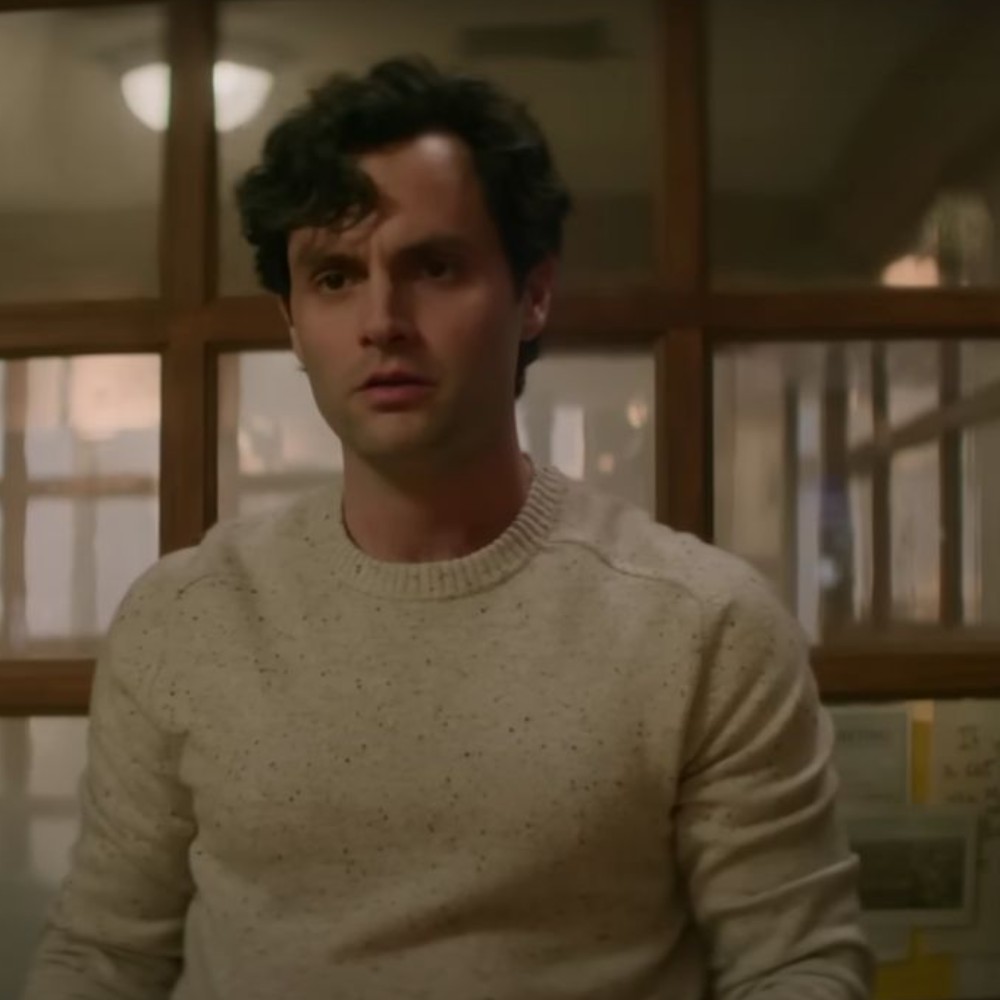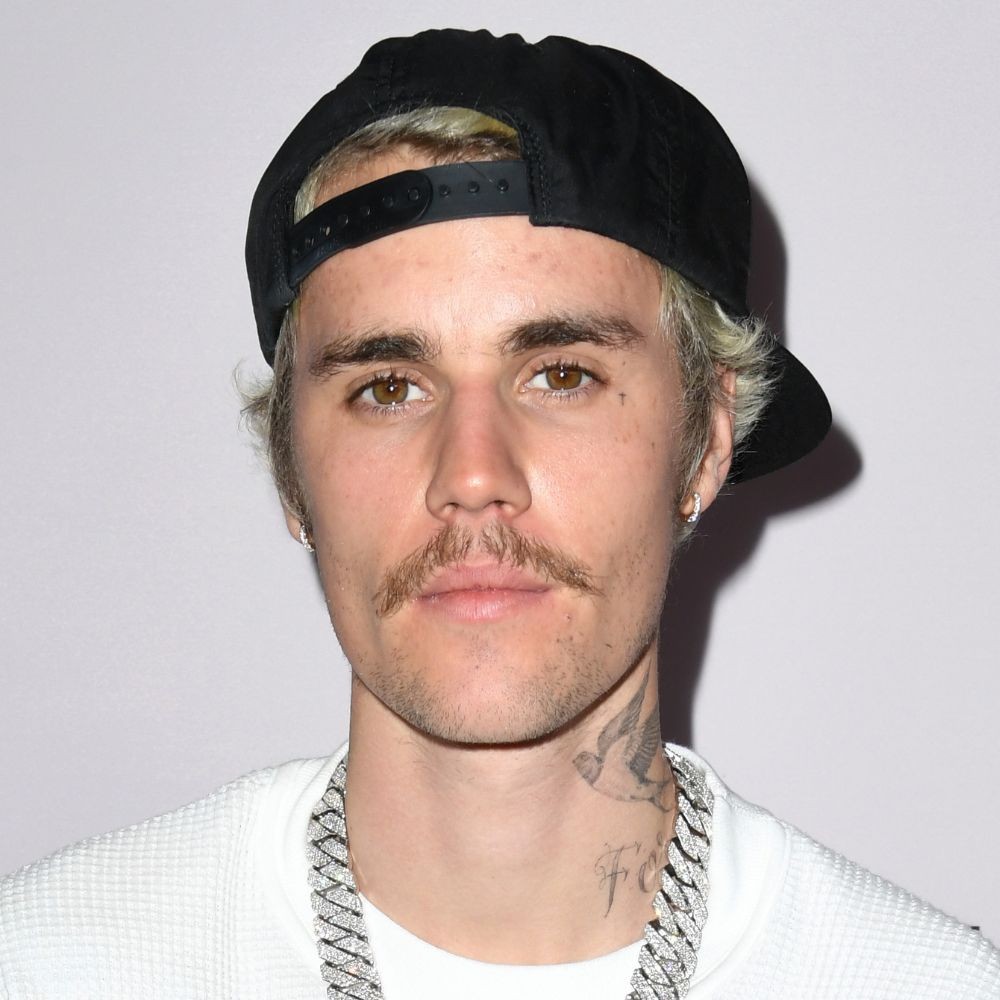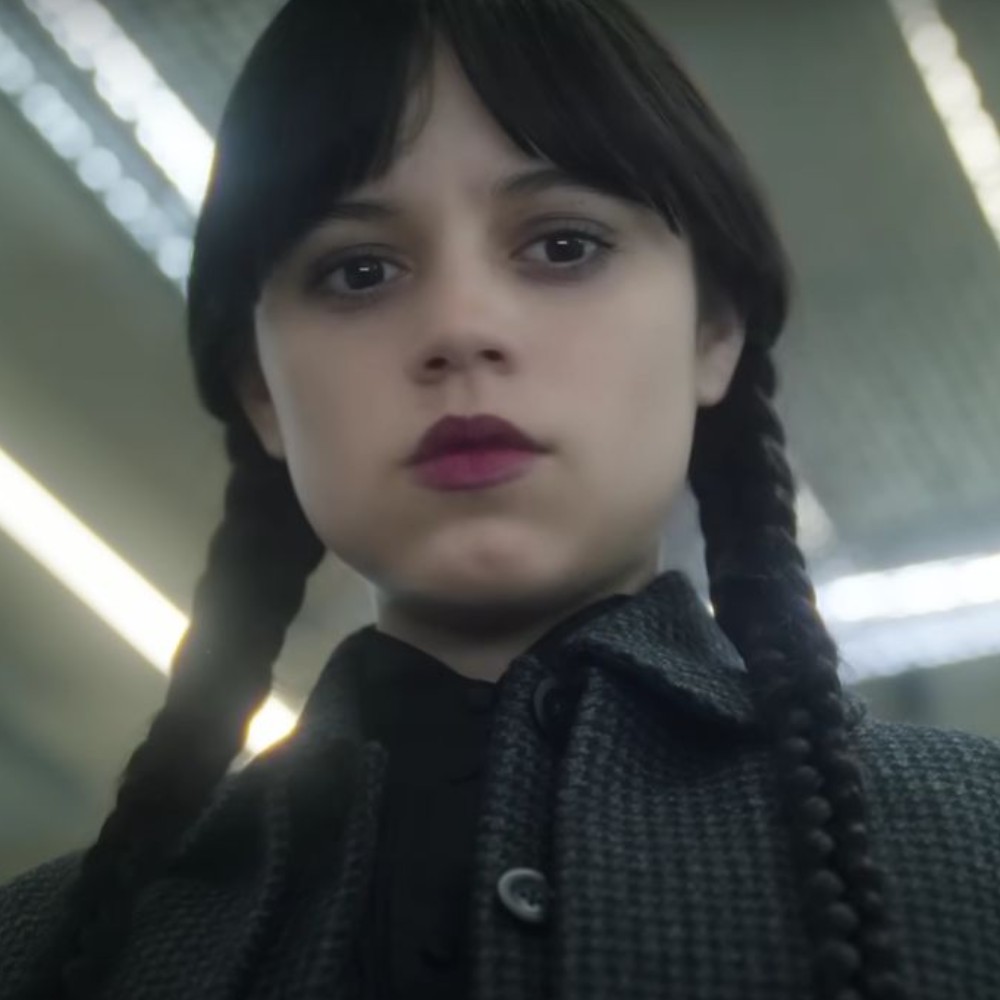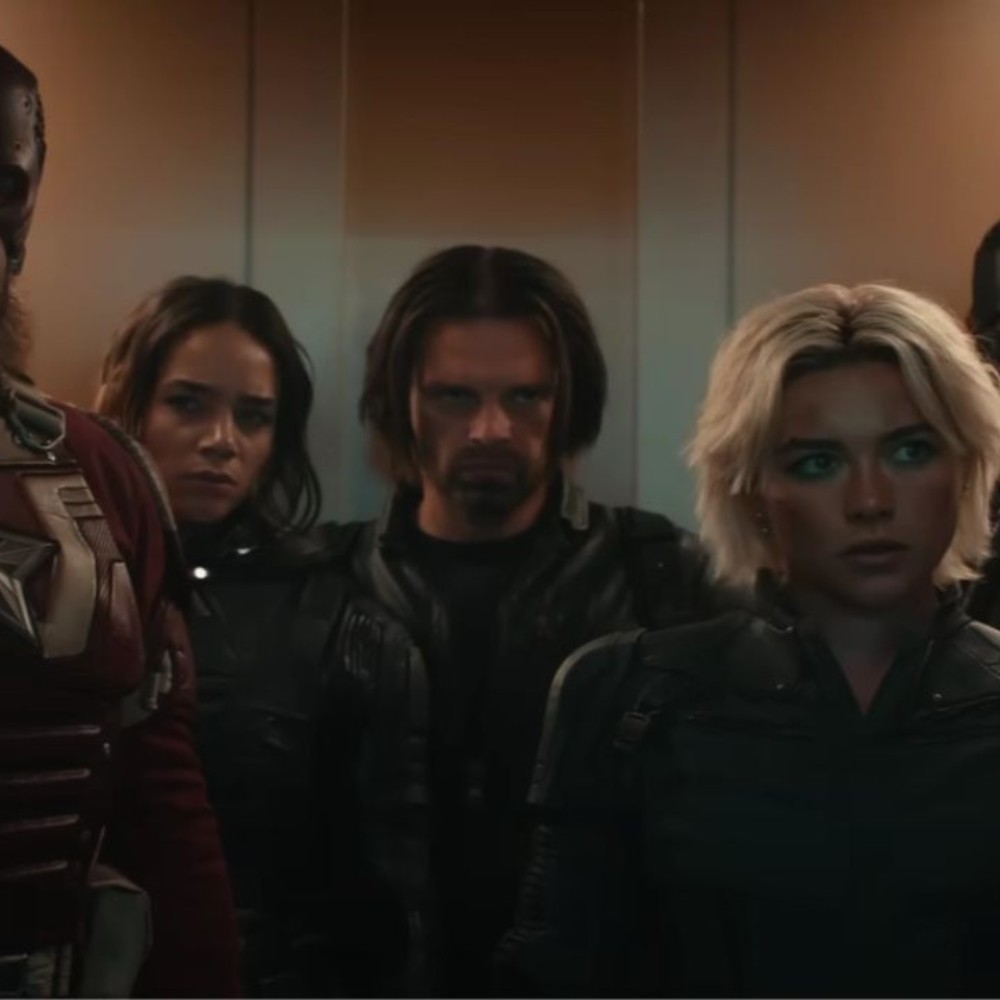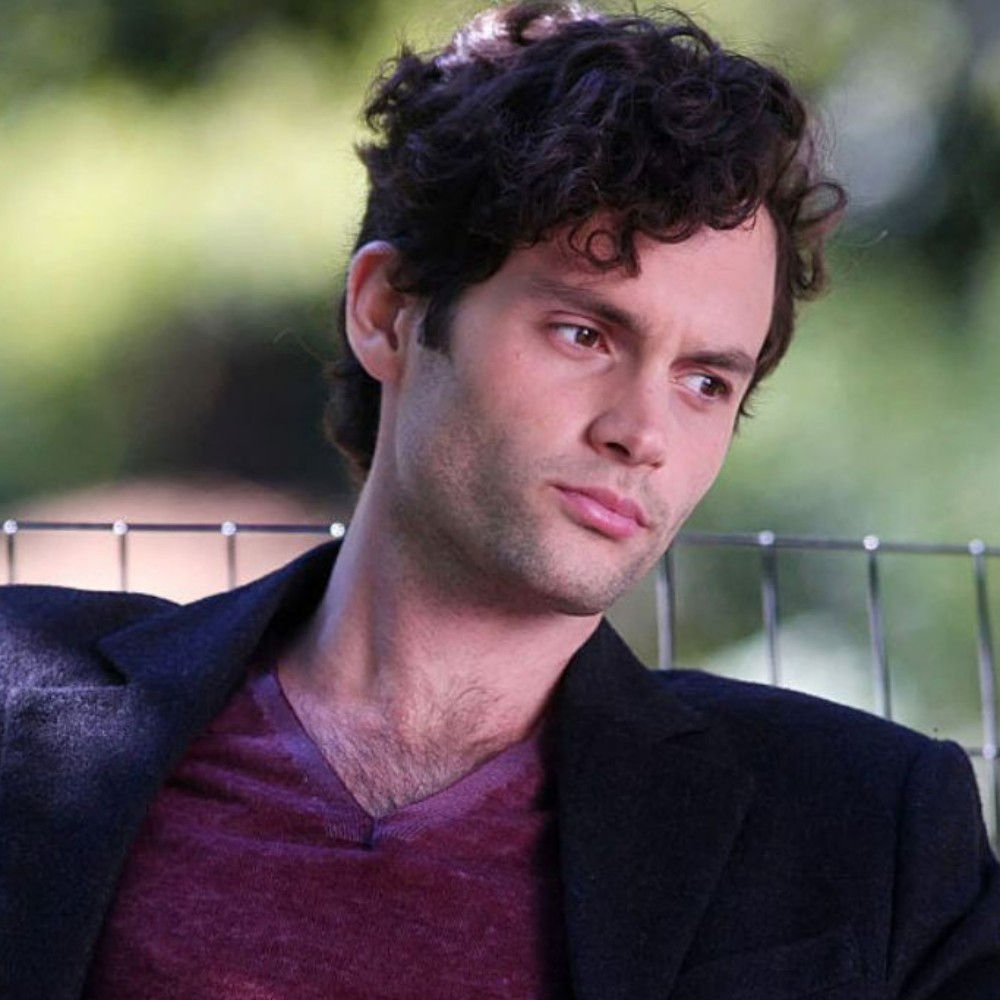What Did Taylor Swift Say About Gaslighting And Lessons Learned From 2016? Find Out
In a candid interview, Taylor Swift shed light on her silence during a period of intense criticism in 2016 and 2017. She explained that engaging with negativity can be counterproductive.
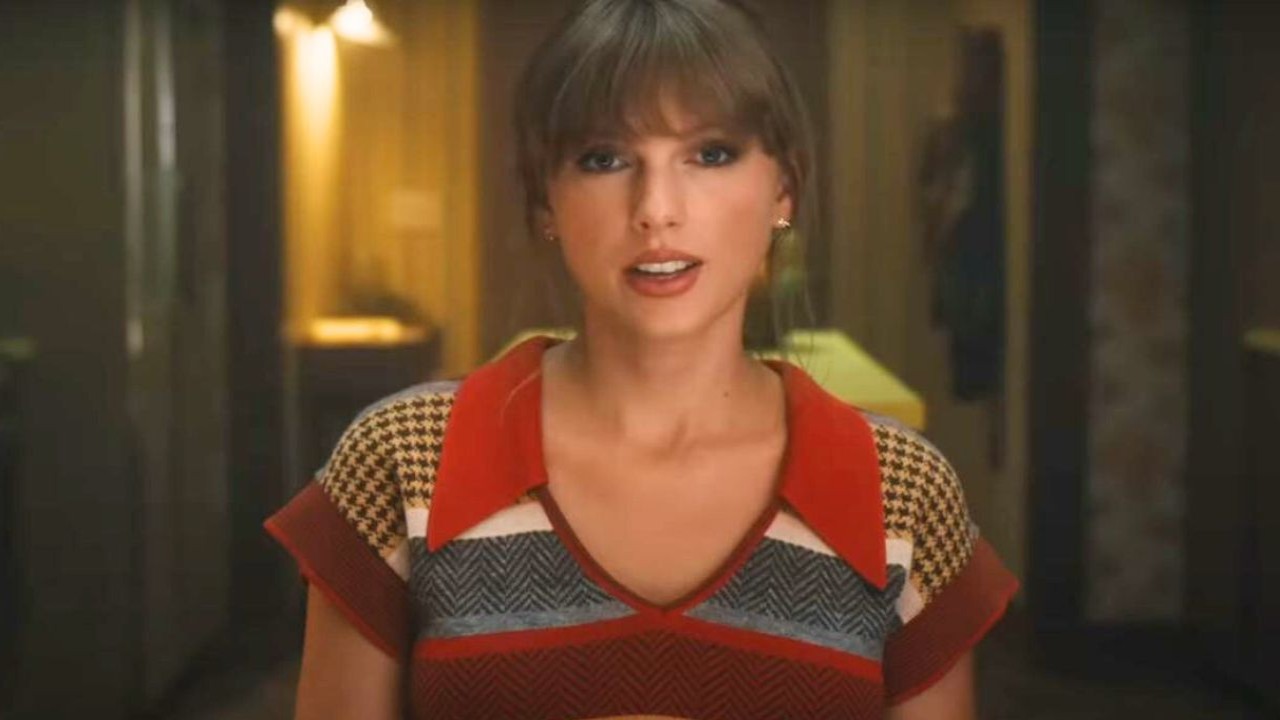
Today, Taylor Swift is mostly synonymous with success. She has achieved everything. But even the pop songstress had some tough time in her career, especially during the year of 2016. And, Swift responded to all the questions people had in their minds about her in an interview with The Guardian in 2019. She talked about her emotional hard times, relationship fall, and everything and what lessons she got to learn from all those happenings.
Taylor Swift on handling criticism and privilege
In a revealing interview, Taylor Swift explained her silence amid the criticism she faced in 2016 and 2017. She said that because when people are in a hate frenzy and they find something to mutually hate together, it bonds them. And anything one says becomes an echo chamber of mockery.
Addressing the criticism of her alleged white victim narrative, Swift acknowledged her privilege. She confessed a lot about how her privilege allowed her to not have to learn about white privilege.
She didn’t know about it as a kid, and that was a privilege itself, she added. And that’s something that she was still trying to educate herself on every day. She learned how she could see from where people belong, and understand the pain that comes with the history of the world.
Reflecting on public image and media pressure
Swift admitted her own role in her overexposure and the tabloid drama of 2016. The example of her consistent "squad birthday posts" was used to illustrate this. If she didn't post about a friend's birthday, it was assumed they were no longer friends.
She recognized, "I realized I had done that. I created an expectation that everything in my life that happened, people would see [on my Instagram].”
Swift expressed her frustration with her public image struggles, stating, “I’m kinda used to being gaslit by now.” And she at that time thought that things like those happen to women so often that, as they get older and see how the world works, they’re able to see through what is gaslighting.
So she’s able to look at 1989 [that era in my public life] and realize that they were mad at her for smiling a lot and “acting fake.” People were also mad at her that she was upset and bitter and giving it back.





 JOIN OUR WHATSAPP CHANNEL
JOIN OUR WHATSAPP CHANNEL